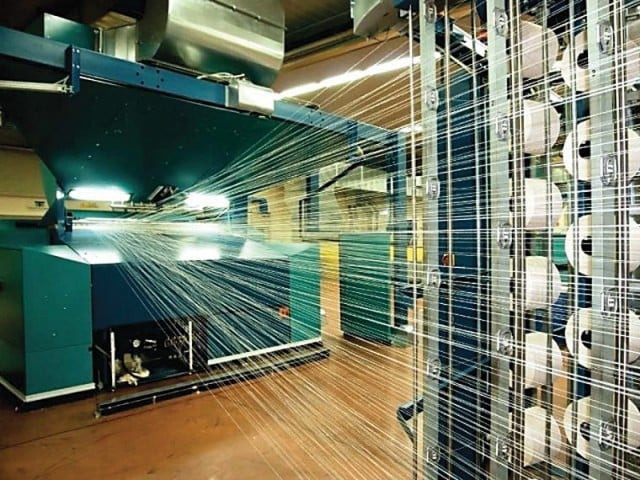Dhaka dream weavers lift their country
Vidiya’s pride is well earned, though she admitted that her father’s legacy weighs heavy.

Within five minutes of our introductions and midway through our first cups of Mirzapore tea, I was dialling my father, a retired bureaucrat living far away in Islamabad. He quickly confirmed that he and Vidya’s father had been roommates and both had passed the Civil Services of Pakistan (CSP) exam in 1961. My father also supplied the unwarranted bit that her father snored aloud. We laughed.
Vidiya’s father, the late Ghulam Qadir Khan, had resigned from his prized position as Bangladesh’s cabinet secretary in 1975. He did not believe in coups and stepped down. Ghulam Qadir Khan had earlier become one of East Pakistan’s first bureaucrats to resign and join Sheikh Mujibur Rehman, the head of the Awami League and subsequently founder of Bangladesh.
Khan felt betrayed when only four years later his hero was murdered and the military was back. It was the same year that Bangladesh had been declared the third poorest country in the world and the then US Secretary of State Henry Kissinger dismissed Bangladesh as a basket case. What little industrial and financial base that existed had been destroyed in the war. Their investments lay in tatters.
Her father dreamt of helping Bangladesh climb out of this hole. At the time, Bangladesh could barely grow enough rice to feed itself. The jute industry, once an important foreign exchange earner, was losing out to nylon and cotton wasn’t the crop for the country’s climate.
But Khan believed that only garment exports could provide relief to millions of its unskilled, uneducated and starving masses.
He had taken his cue from an earlier visit to South Korea, as part of an official trade delegation where he watched in awe as a war-torn country with no natural resources or educated workforce quietly transformed. Korea had yet to launch its first Daewoo car, or a Lucky Goldstar television or a Hyundai Shipyard built vessel. Ubiquitous as these Korean products are today, it had been doing much simpler things then.
In the mid-70s, it was the tailor to the world. Astonishingly, Daewoo was manufacturing garments. But it also had much bigger plans and thus, Daewoo had no second thoughts about signing a joint venture with Khan’s Desh Apparel. Its 130 Bangladeshi workers could train for six months at Daewoo’s facilities in South Korea and learn how to make garments according to world standards. For $1.3 million, Daewoo would also set up Desh Apparel’s manufacturing facilities in Chittagong.
Around the same time, another former civil servant, Rahman, had also resigned and was busy cutting a joint equity deal with Youngones group, a large manufacturer based in South Korea. Within a few months, two large state-of-the-art garment-manufacturing facilities were commissioned in Chittagong in late 1979.
Subsequently, the first sea shipments carrying Bangladeshi garments left for Western Europe in early 1980. Less than $1 million was exported in the first year. Soon this model was emulated all across the country. The trained workforce from these two factories kept leaving for better opportunities with other employers where they trained tens of thousands of more workers.
The newly minted graduates of IBA Dhaka -- the former twin of IBA Karachi -- Dhaka University and those from the famed engineering university, the Bangladesh University of Engineering and Technology, started to shun low-paying government jobs. Their fathers had coveted government jobs with medical, pension and job security. But this generation ignored this advice and plunged into the risky venture of start-ups.
It is no wonder that the current business leaders of Bangladesh all started from these humble but educated middle-class origins. They had big dreams but little capital, mostly borrowed from their skeptical parents’ life savings. But they had a trail before them that had been set ablaze by two improbable entrepreneurs. The two disgruntled ex-CSP officers. Thus came into being the $21 billion Bangladeshi garment export juggernaut, as we know it today.
Leaving an empire behind, Ghulam Qadir Khan passed away in 1991. Vidiya’s pride is well earned, though she admitted that her father’s legacy weighs heavy. It has raised the bar ever so higher for her to reach. Even though Desh Apparel was wiped out in a Bay of Bengal typhoon in early 2000, she stolidly overcame this calamity. She has rebuilt her factory since and remains hard at its helm to take it back to its former glory.
Published in The Express Tribune, July 19th, 2014.



















COMMENTS
Comments are moderated and generally will be posted if they are on-topic and not abusive.
For more information, please see our Comments FAQ